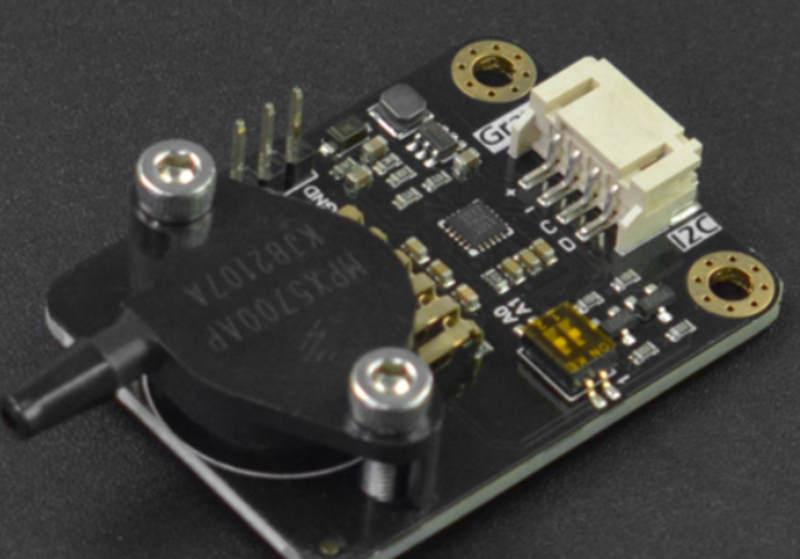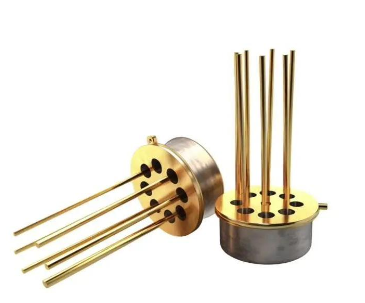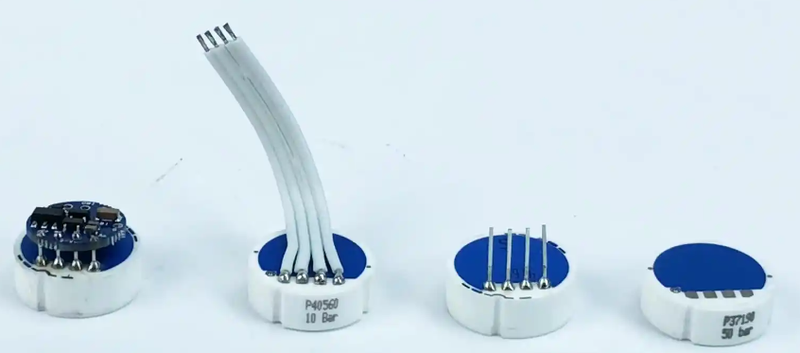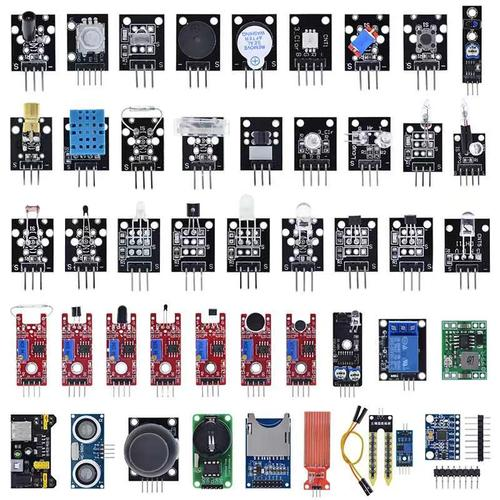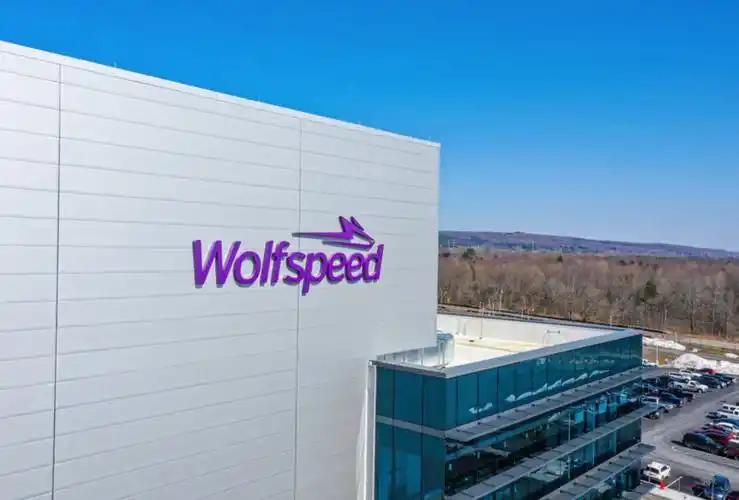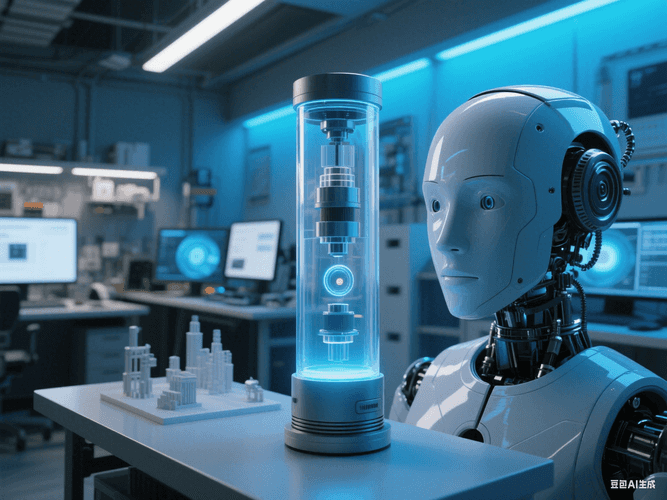The United States' proposal to impose a tariff of up to 25% on imported semiconductors has stirred up a hornet's nest, drawing widespread opposition from various sectors, including the automotive, boating, and technology industries. These industries are deeply concerned that such a move could disrupt supply chains, drive up costs, and erode the US's technological competitiveness.
According to the US review process for this proposal, over 150 comments have been received from businesses, industry associations, and other stakeholders, indicating that the opposition spans across different sectors.
The Ubiquity of Semiconductors
Semiconductors have become an integral part of modern life, being used in a wide range of products, from refrigerators and microwaves to tire pressure sensors, navigation systems, sonar devices, and smartphones. The original intention of this tariff proposal was to reshape the global supply chain and strengthen US manufacturing. However, industry insiders point out that the domestic chip supply in the US falls far short of the demand, and imposing tariffs will only lead to an increase in both production costs and end - user prices.
JoAnne Feeney, a partner at Advisors Capital Management, stated, "There is a significant imbalance between the number of chips used in the US and the domestic production capacity. Hasty implementation of tariffs will only transfer the costs to consumers."
The National Marine Manufacturers Association has also issued a warning, stating that the tariffs will directly impact more than 1,300 manufacturers that rely on imported propulsion technology, engines, and GPS devices, most of which have no US - made alternatives.
TSMC and Intel's Warnings on Investment Hurdles
Leading semiconductor companies TSMC and Intel have both submitted their opinions, urging the US to refrain from imposing tariffs to avoid affecting their existing and future investment plans.
TSMC has highlighted that it is currently undertaking a massive $165 billion investment project in Arizona, which includes six advanced wafer fabs, two packaging facilities, and a research and development center. This project is expected to create thousands of jobs. However, if faced with tariffs on imported equipment, it will affect the project's timeline and cost, and ultimately impede the supply of artificial intelligence (AI), autonomous driving, and 5G chips in the US.
Intel has expressed similar concerns, noting that if the US imposes tariffs, other countries will likely retaliate with their own tariffs, which will harm the US's export markets. Intel has called for exemptions for overseas - made chips using US technology and manufacturing equipment such as ASML's Extreme Ultraviolet Lithography (EUV) machines, which cost up to $400 million each and account for nearly two - thirds of the cost of building a new factory.
Currently, the White House spokesperson emphasized that President Trump remains committed to "bringing critical manufacturing back to the US" and is waiting for the completion of the Section 232 investigation. Nevertheless, the feedback from various sectors clearly indicates that the tariffs could have far - reaching implications for the overall economy and industrial ecosystem.

